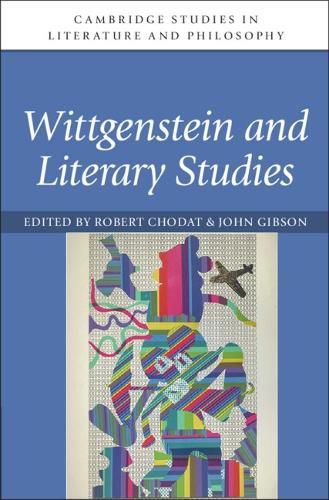Readings Newsletter
Become a Readings Member to make your shopping experience even easier.
Sign in or sign up for free!
You’re not far away from qualifying for FREE standard shipping within Australia
You’ve qualified for FREE standard shipping within Australia
The cart is loading…






Wittgenstein is often regarded as the most important philosopher of the twentieth century, and in recent decades, his work has begun to play a prominent role in literary studies, particularly in debates over language, interpretation, and critical judgment. Wittgenstein and Literary Studies solidifies this critical movement, assembling recent critics and philosophers who understand Wittgenstein as a counterweight to longstanding tendencies in both literary studies and philosophical aesthetics. The essays here cover a wide range of topics. Why have contemporary writers been so drawn to Wittgenstein? What is a Wittgensteinian response to New Historicism, Post-Critique, and other major critical movements? How does Wittgenstein help us understand the nature of style, fiction, poetry, and the link between ethics and aesthetics? As the volume makes clear, Wittgenstein’s work provides a rare bridge between professional philosophy and literary studies, offering us a way out of entrenched positions and their denials-what Wittgenstein himself called ‘pictures’ ‘that held us captive.
$9.00 standard shipping within Australia
FREE standard shipping within Australia for orders over $100.00
Express & International shipping calculated at checkout
Wittgenstein is often regarded as the most important philosopher of the twentieth century, and in recent decades, his work has begun to play a prominent role in literary studies, particularly in debates over language, interpretation, and critical judgment. Wittgenstein and Literary Studies solidifies this critical movement, assembling recent critics and philosophers who understand Wittgenstein as a counterweight to longstanding tendencies in both literary studies and philosophical aesthetics. The essays here cover a wide range of topics. Why have contemporary writers been so drawn to Wittgenstein? What is a Wittgensteinian response to New Historicism, Post-Critique, and other major critical movements? How does Wittgenstein help us understand the nature of style, fiction, poetry, and the link between ethics and aesthetics? As the volume makes clear, Wittgenstein’s work provides a rare bridge between professional philosophy and literary studies, offering us a way out of entrenched positions and their denials-what Wittgenstein himself called ‘pictures’ ‘that held us captive.